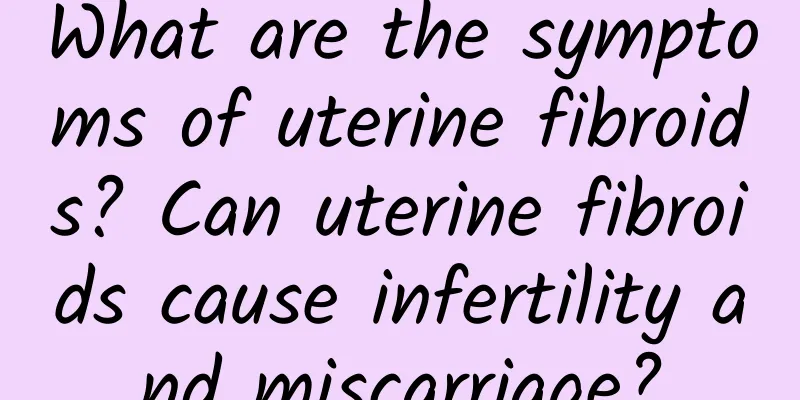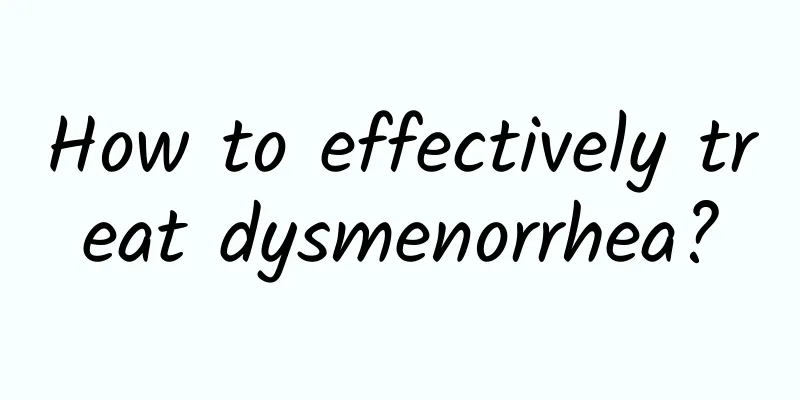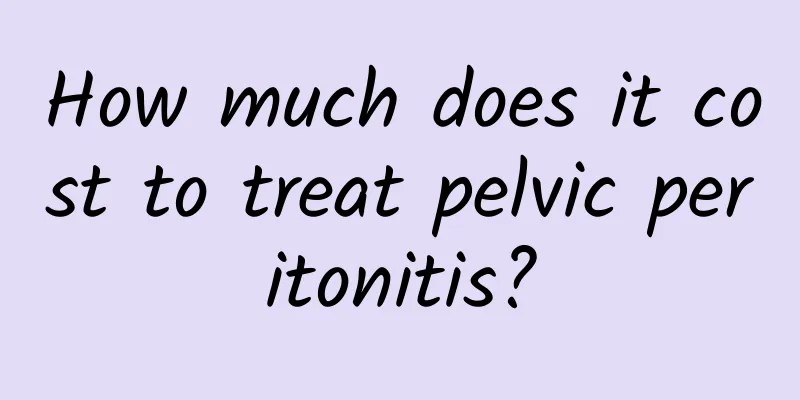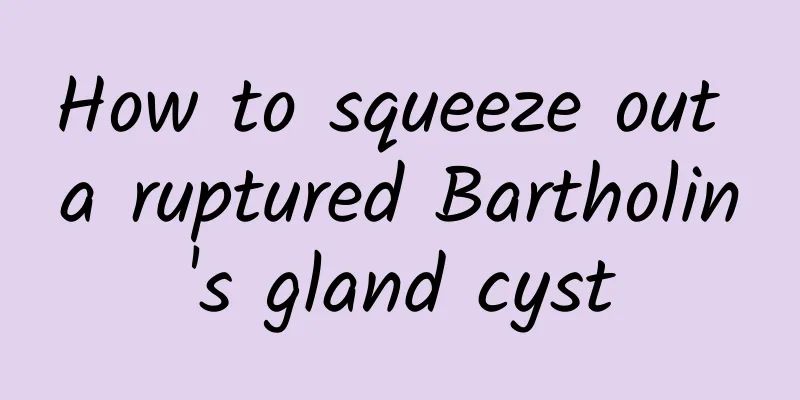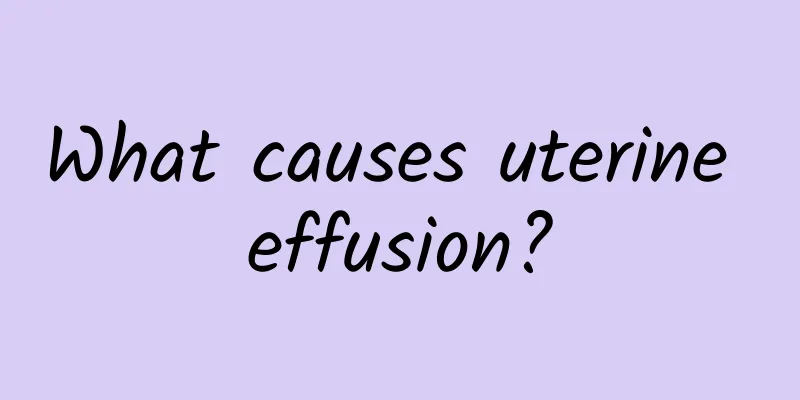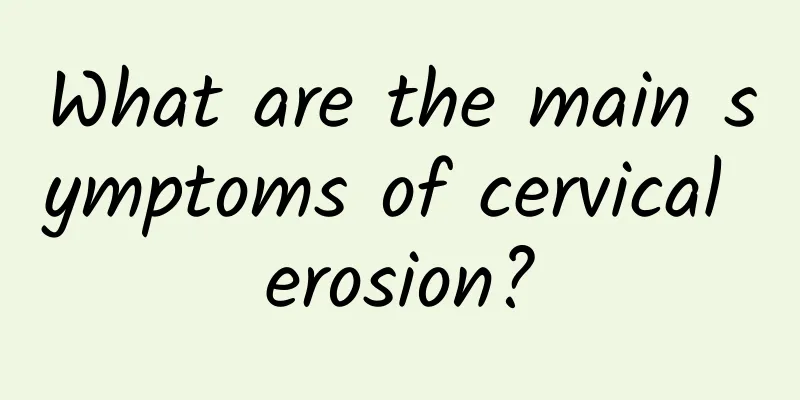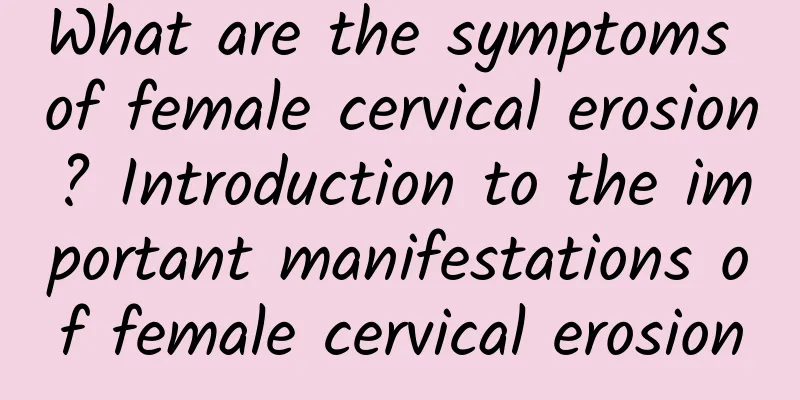What foods should not be eaten for uterine fibroids? What foods are good for uterine fibroids?
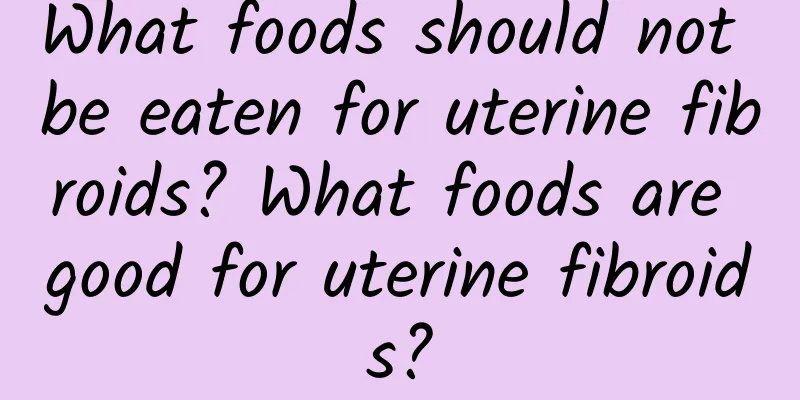
|
Uterine fibroids are a common gynecological disease. Patients need to pay attention to their diet in daily life and avoid eating some foods that have adverse effects on the disease. At the same time, some foods can be beneficial to uterine fibroids and help relieve symptoms. The following will introduce the foods that cannot be eaten and the foods that are beneficial. 1. Foods that cannot be eaten 1. Spicy food: Patients with uterine fibroids should avoid eating spicy foods, such as peppers, peppers, ginger, etc. These foods will stimulate uterine blood circulation and aggravate the development of uterine fibroids. 2. High-sugar foods: High-sugar foods can increase blood sugar levels and lead to obesity. Obesity is one of the causes of uterine fibroids, so patients should avoid excessive intake of high-sugar foods, such as candy, chocolate, etc. 3. Coffee and strong tea: Coffee and strong tea contain caffeine, which will stimulate the growth of uterine fibroids, so patients should try to avoid consuming these drinks. 2. Beneficial Foods 1. High-fiber foods: High-fiber foods help promote intestinal peristalsis and aid defecation. The fiber in food can help regulate hormone levels and slow the development of uterine fibroids. Common high-fiber foods include oats, whole wheat bread, green leafy vegetables, etc. 2. Foods rich in vitamin C: Vitamin C has antioxidant effects and can help strengthen the immune system. Eating more foods rich in vitamin C, such as oranges, lemons, broccoli, etc., is beneficial for patients with uterine fibroids. 3. Foods rich in anti-inflammatory substances: Uterine fibroids are often accompanied by inflammation, so eating some foods rich in anti-inflammatory substances can help reduce the symptoms of inflammation. For example, fish is rich in omega-3 fatty acids, and olive oil and nuts contain omega-6 fatty acids, all of which have anti-inflammatory effects. 4. Low-salt food: Excessive intake of salt will lead to water and sodium retention, aggravating the symptoms of uterine fibroids. Therefore, patients with uterine fibroids should avoid eating too salty foods and can choose low-salt foods. In short, for patients with uterine fibroids, a reasonable diet is an important part. Avoiding irritating foods, consuming more high-fiber foods rich in vitamin C and anti-inflammatory substances, and limiting salt intake are all helpful in relieving the symptoms of uterine fibroids. In addition, everyone's physical condition is different. It is best to consult a professional doctor on diet and develop a diet plan that suits you. Through good eating habits, patients can actively deal with uterine fibroids and improve their own conditions. |
Recommend
Women need to pay attention to surgical treatment of ovarian cysts
Ovarian cysts are a common disease among women. A...
Are functional uterine bleeding and irregular menstruation the same? How to treat it?
Dysfunctional uterine bleeding and irregular mens...
What is the reason for less dark menstruation?
What is the reason for less dark menstruation? Da...
How to completely cure hyperprolactinemia
What is hyperprolactinemia? Prolactin is a polype...
A female patient thought she had a urinary tract infection because of frequent urination. She had an abdominal CT scan. The gynecologist said: Do you believe me this time?
In the corridor of the hospital, the pace of time...
What not to eat after miscarriage - stay away from these four types of food
After a woman has a miscarriage, her body will be...
There is a magic weapon for anti-aging and enhancing immunity! To fight against "active oxygen", you must eat these 3 kinds of food: banana
Aging is a natural phenomenon that humans cannot ...
Common types of Bartholinitis
Many women don't know much about Bartholiniti...
What are the causes of cervicitis?
Cervicitis, as the name suggests, is an inflammat...
Can I drink tea if I have pelvic inflammatory disease?
You can drink tea when you have pelvic inflammato...
Menstrual cycle disorders can easily lead to obesity! Dr. Liu Rongqi: The three phases of menstrual cycle weight loss are most effective
There are reasons for female obesity, especially ...
How to treat female vulvar itching
Female vulvar itching is a common symptom. Vulvar...
Obesity is closely related to uterine fibroids. A reasonable diet can treat uterine fibroids.
Is obesity related to uterine fibroids? Can a pro...
How to calculate the menstrual cycle and what kind of menstrual cycle is normal
How to calculate menstrual cycle? What kind of me...
The main symptoms of perimenopausal syndrome
Perimenopausal syndrome generally refers to perim...
